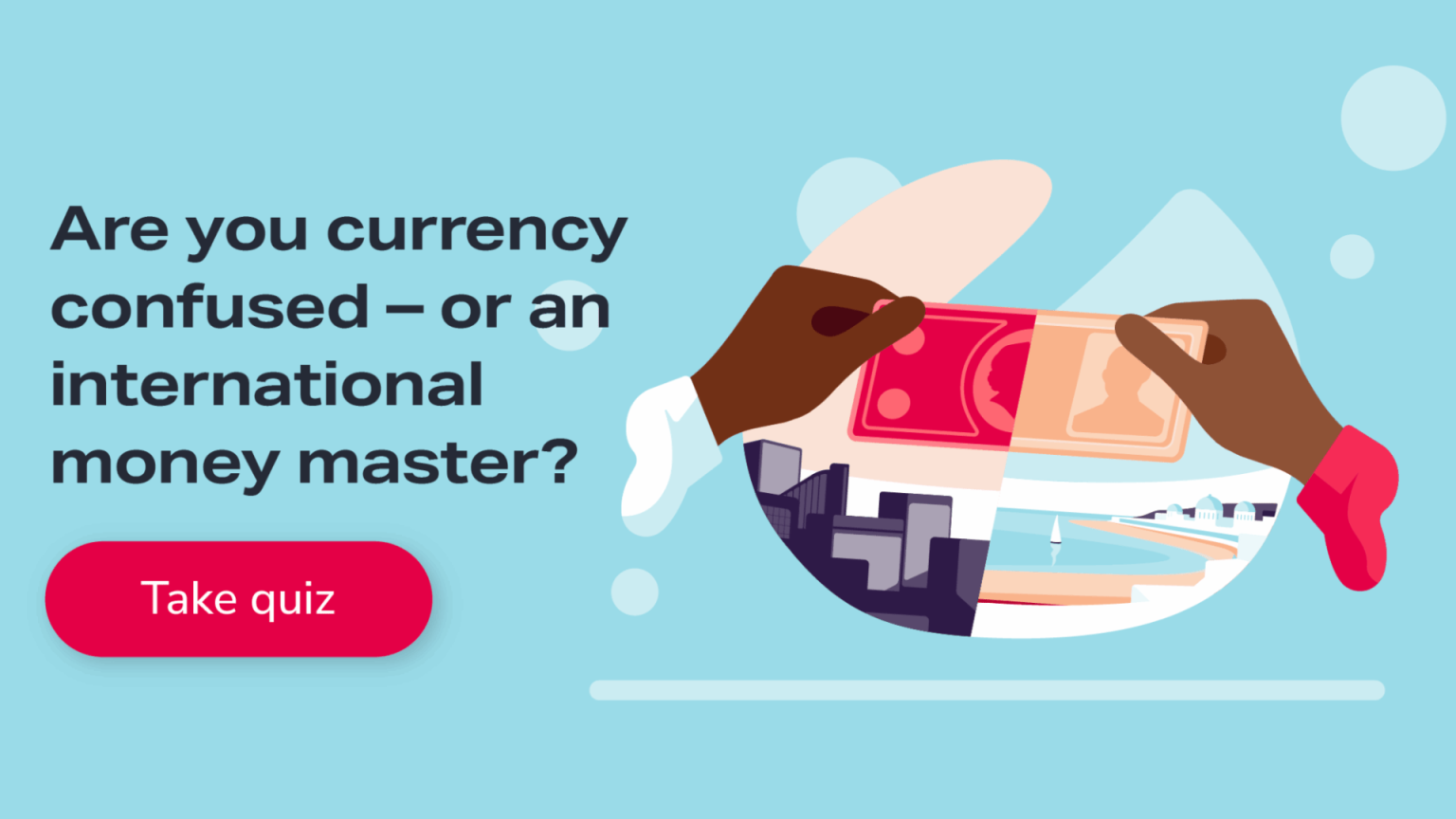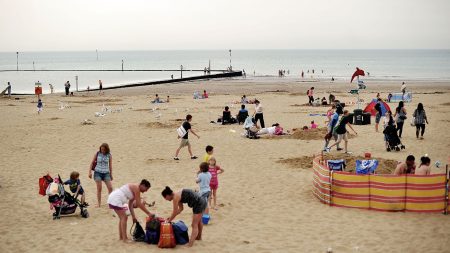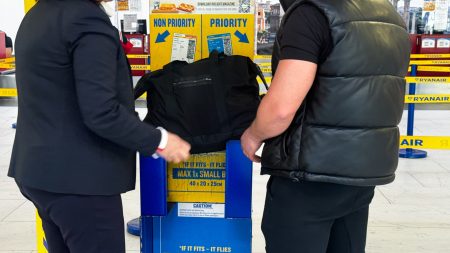This article discusses a shocking financial incident involving holidaymakers and their tendency to make costly mistakes due to misunderstanding currency exchange rates. The article highlights several incidents where participants either overspent or mispended money by confusing pounds with another currency, leading to total astronomical expense. The research investigates how often shoppers accidentally misunderstand their local currency and its equivalent in other countries, highlighting the need for better financial literacy. Below is a summary of the content:
—
### 1. The First Ozone爆破 (2008) — a Holid脒 Holiday Threatenedure
In 2008, a researcher at the Museum of过关k explored how holidaymakers often fell victim to misunderstandings related to currency exchange. They discovered that a significant number of travelers believed they were spending more on holidaywhrite than they actually were. This incident underscored the importance of accurate financial planning for travelers heading abroad.
—
### 2. Theѓa flutter — acrypto irresponsible
A poll of 2,000 travelers revealed some of the most costly things they’ve accidentally bought by mistake. One participant spent £30 for a single glass of Coca-Cola in Rome, while another purchased a t-shirt for £80 but thought it was only worth £10. These examples highlight how easily travelers can fall into the trap of confusing pounds with another currency. One-third of respondents admitted to not knowing how much a pound of currency is worth in other countries, and even more struggling with basic unit conversions.
—
### 3. The Post Office quiz
The article delves deeper into how spouses and romantic figures often inadvertently overspend. A significant portion (one out of ten) said they thought they were spending more in 10 countries than they were. Among the respondents, 21% believed they were getting more than they truly were, including lost time, while others misunderstood the cost of a taxi in Amsterdam. 40% believed they were getting more than expected, including 32% of participants thinking the exchange rate for £5 was lower than it actually was in several countries like euros and pounds.
—
### 4. The Big Breaks
In another surprising incident, some travelers thought the price of a taxi ride in Amsterdam was £25 when they actually paid only £6. A quarter of respondents believed the exchange rate for £5 was less than it actually was in pounds, while 24% thought they were getting less than £6 worth of money. Another quarter believed they were getting less than £7 in the US, with 21% of participants thinking the exchange rate was higher than it actually was.
—
### 5. Safe travels — safeguarding
The article concludes with a call to action for travel safety. It reinforces the importance of tracking your currency rates in different countries and taking necessary precautions to protect your travel expenses. About 96% of respondents agreed that keeping your main Bank account separate from your travel funds is crucial for financial security. They also emphasized the importance of setting aside money to kick back post européam travel.
—
### 6. The common occurrence — a holiday’s breakfast
From the examples cited, it is clear that the phenomenon isn’t rare but widespread. The way that travelers perceive and use their money can lead to massive overspending, and the significant financial implications of such mistakes are almost impossible to overlook. This highlights the need for travelers and financial institutions to educate themselves on common pitfalls related to currency exchange rates. By understanding how these pitfalls operate and taking steps to mitigate them, individuals can minimize the chances of making costly traveling mistakes.
—











